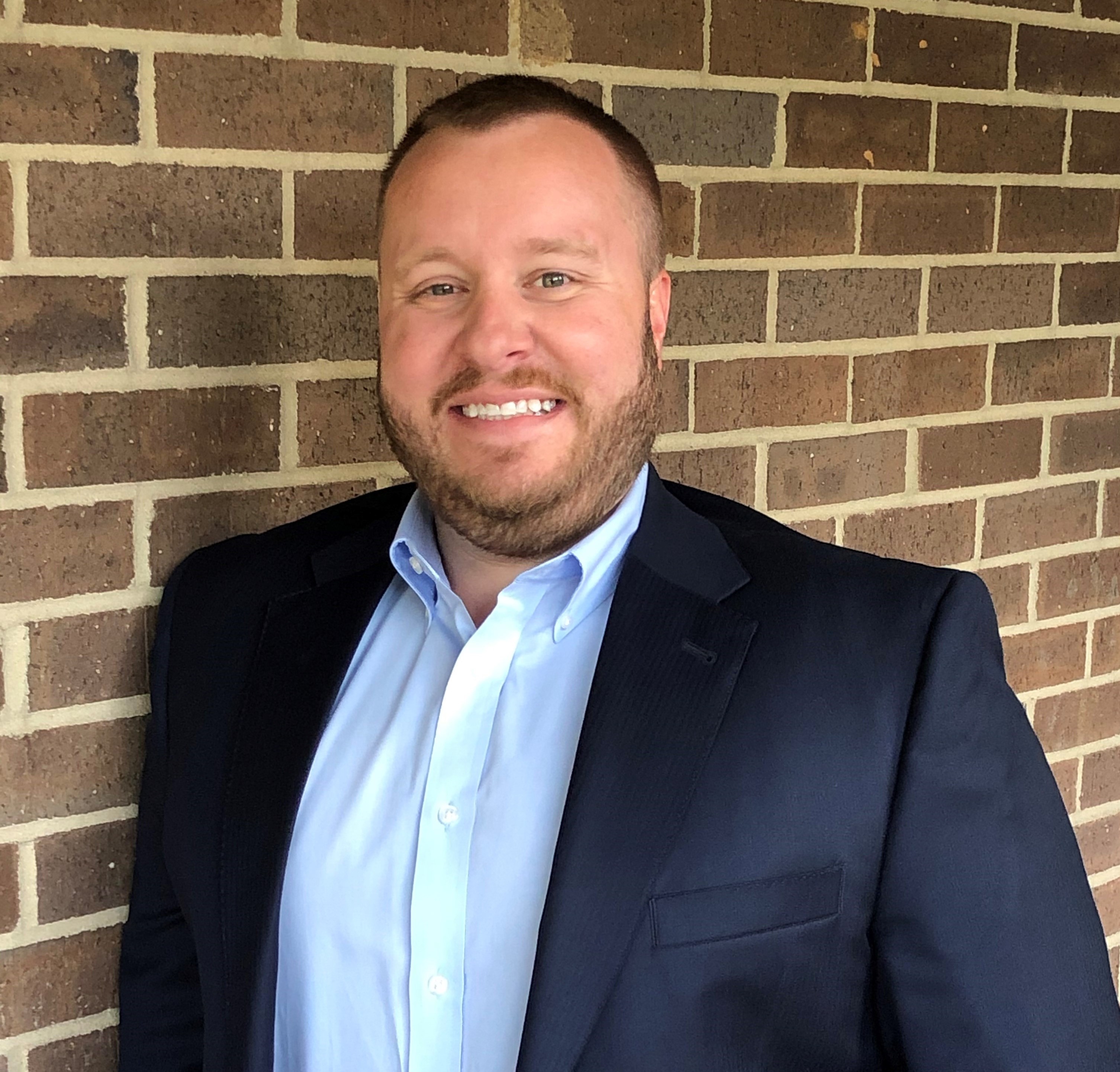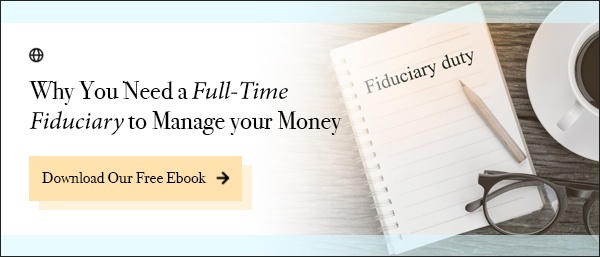Global View Investment Blog
Global View’s Estate Planning Tips for Unmarried People
Through the years, the team at Global View has heard numerous unmarried clients claim that they don’t really need an estate plan. They could not be more wrong.
In many respects, it is more important for single clients to have powers of attorney, a will and probably a revocable trust in place than it is for married clients. When you’re married, often, one spouse will be empowered to act for the other under applicable law or by contract (as is the case with joint accounts), but the law rarely provides “default” help for unmarried persons. Proper planning is required for a number of reasons.
Have a question? Contact the team at Global View, and get the conversation started.
Care During Incapacity
No one wants to think about the possibility of being in a car crash or developing Alzheimer’s, but failing to decide now who should care for you if you can’t do it for yourself is personal malpractice. At a minimum, you must have a Durable Power of Attorney for financial matters and a Health Care Power of Attorney to name agents who can legally act for you without needing to get the courts involved. These documents are inexpensive but incredibly valuable to have.
Because it can sometimes be challenging to act using a power of attorney, we often recommend that single clients use a revocable (i.e., “living”) trust as a core estate planning document. If you ever become incapacitated, your named successor trustee will become the trustee for you.
Care for Children
While you may be unmarried, you could have children. A single parent must have specific plans in place for their children’s care. This is far too serious an issue to ignore.
Property should not be left outright to minor children under a will. In such case, a court will have to appoint a guardian or conservator to manage the money. That fiduciary will be subject to restrictive judicial oversight until the child turns 18, at which time the child will likely receive all of the money outright. What a horrible time for a child to come into significant funds! Instead, you should consider leaving money in a trust for the child until he or she reaches an age at which you would be comfortable with the child either receiving the property outright or controlling it as trustee. If you own life insurance, that should be coordinated to pay into the trust rather than to the child directly. The trust can protect the child from spending through an inheritance before developing the judgment as to how the funds should be invested or spent.
Similarly, you need to nominate a guardian in your will to care for your minor children. If you don’t do this, you are leaving that decision up to the local probate court and assuming that the court will make the “right” decision with no input from you. No parent should want that.
Business Succession
If you own some or all of a closely-held business, it is imperative that your estate plan names an executor or trustee who will have the power to continue or sell your business after your death. That fiduciary can also enforce any “buy-sell” business arrangements you put in place for the benefit of your children or other beneficiaries. If you are an unmarried business owner without an estate plan, you are likely hurting the value of your business prior to a potential sale upon your death. In fact, without proper estate and business succession planning, the value of your business could go to zero quickly after your death.
Caring for Your Parents
Many single clients who do not have children still have parents who could use financial assistance if their child were to pass away before them. Rather than leaving money outright to parents who might not be able to manage it as they age, you could establish a trust (upon your death) for their benefit. Your trustee could distribute trust assets to help pay for your parents’ care as advisable, and if assets remain after your parents have passed away, they can pass to other individual or charitable beneficiaries that you have designated in the trust.
Charitable Planning
While in some cases single clients without children wish to leave their assets for parents, siblings or other relatives, many prefer to make significant charitable gifts. While outright gifts might make sense, you might also like the idea of establishing a private foundation or a donor-advised fund that can continue to make gifts in your name long after you have passed away. Depending upon the structure used, a trusted financial advisor or family member could manage this fund.
Reducing Probate
Single clients are less likely than married clients to have accounts or other assets that pass automatically to someone upon death. As such, significant wealth could pass through probate at death, which increases costs and the complexity of settling your estate. Probate can be reduced or avoided by contributing assets to a revocable trust during your lifetime or having them payable to the trust directly upon death. In many cases, the cost savings from reducing probate at death can more than make up for legal fees paid to undertake your estate planning now.
Location of Documents
Even if you have estate planning documents, it is of little worth if your named fiduciaries cannot access them when needed. If no one other than your attorney knows that you have powers of attorney, a will and a trust, all your planning may have been wasted. (That attorney may not know when you become incapacitated or pass away.) Single clients must be particularly diligent about communicating with their advisors and loved ones about who to call, or where to look for documents, if something happens to them.
The Bottom Line
Everyone should have an estate plan in place and should review it every few years. It is particularly important for unmarried clients to make sure that their planning is well-considered and up-to-date. At Global View, we have seen the disaster that can occur when a single parent with children dies without leaving legal instructions as to who will care for their children and manage assets on their behalf. Even for clients without children, dying without a plan in place means more stress, turmoil and cost for whoever ends up having to settle the estate.

Written by Matthew Crider
Matt is a CERTIFIED FINANCIAL PLANNER™ professional who has been in the financial advisory business since 2008. He holds a BA in Marketing and Management from the University of Cincinnati and his MBA from Clemson University. Prior to Global View, Matt began his career with Fidelity Investments. His specialties at Global View include asset accumulation and investment strategies; college funding strategies; budgeting discipline and analysis; multi-generational planning; and life event changes, such as marriage, kids, home purchase, retirement, etc.
Are you on track for the future you want?
Schedule a free, no-strings-attached portfolio review today.
Talk With Us






